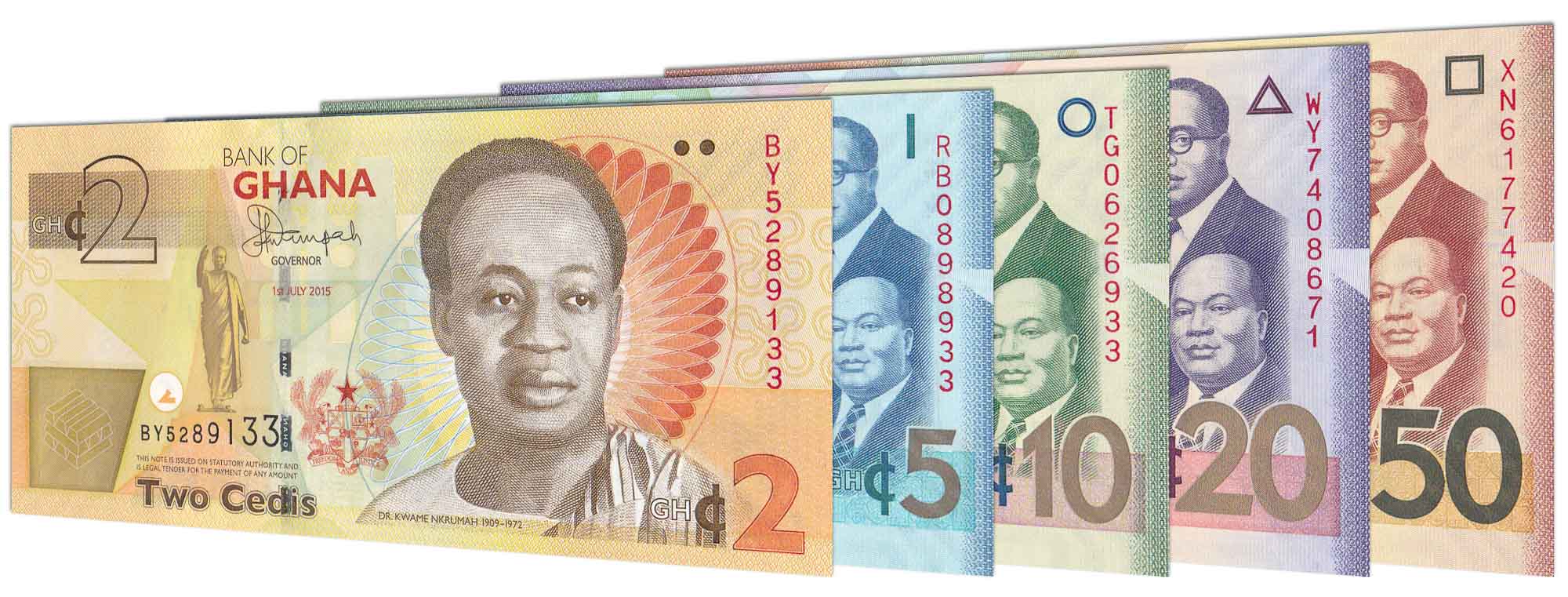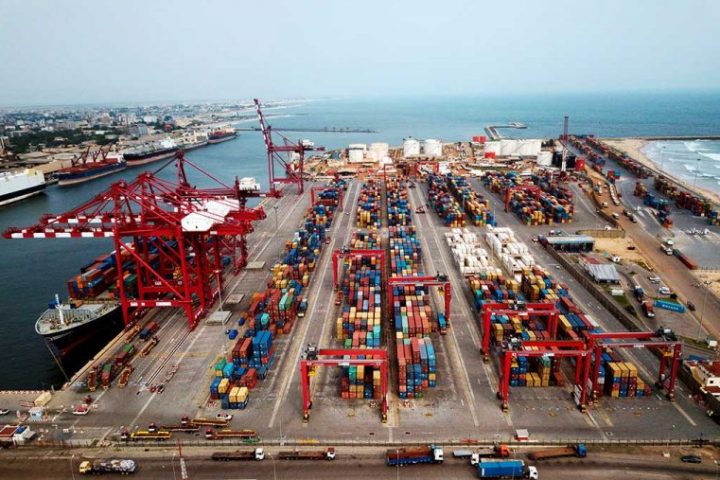Cedi’s Recent Performance Shows Promise
Ghana’s cedi, which had depreciated over 27% against the US dollar earlier in 2024, is showing signs of recovery.
The upcoming US Federal Reserve rate cut on September 18, 2024, could weaken the dollar and further boost the cedi’s performance.
Join our WhatsApp Channel“The cedi has been struggling, but the situation is gradually improving,” says financial analyst, Kwame Adjei. “With the refinery launch and the inflation drop, we saw the currency strengthen. If the Federal Reserve cuts rates, we could see the cedi gain even more.”
Economic Improvements Fuel Cedi’s Strength
August was a promising month for the cedi, thanks to two key developments. First, the inauguration of the Royal Ghana Gold Refinery marked a major milestone in Ghana’s economic progress.
The refinery, a partnership between Rosy Royal Minerals of India and Ghana’s central bank, is expected to refine 400 kilograms of gold per day.
This will contribute significantly to Ghana’s earnings, especially at a time when the cocoa sector is underperforming.
Second, inflation dropped by 2.39% in August, further strengthening the cedi. These two factors reversed the currency’s decline, which had seen it hit 16 GHS per dollar earlier in the month.
“It’s a step in the right direction,” says Adjei. “The refinery will increase exports, and the inflation drop is a positive sign for both investors and the local market.”
READ ALSO: Naira, Ghana Cedis, Egyptian Pounds Rated Worst Performing Currencies
US Federal Reserve Rate Cut Could Support
There is growing speculation that the US Federal Reserve will cut interest rates by up to 50 basis points. Such a move typically weakens the dollar, as investors seek higher returns elsewhere.
This shift could benefit currencies like the cedi, which are paired with the dollar.
“If the dollar weakens, the cedi stands to gain,” notes economic consultant Ama Owusu. “We’re already seeing signs of resilience in the cedi, and a softer dollar could reinforce that trend.”
Long-Term Cedi Trends
Like Nigeria’s naira, the cedi has faced years of depreciation. The downward trend began in 2016 but worsened in 2022.
By November 2022, the Ghanian currency had fallen by 132%, reaching a low of 14.40 GHS to the dollar. It briefly recovered to around 9.98 GHS in December 2022 but resumed its decline in 2023 and early 2024. The first week of August saw the cedi touching 16 GHS.
However, the positive economic developments in August—particularly the drop in inflation and the inauguration of the refinery—helped the Cedi recover some of its lost ground. A US Federal Reserve rate cut could build on this recovery, allowing it to stabilize.
Future Outlook for the Cedi
Investors are cautiously optimistic about the future. “We need to watch how the global market reacts to the Federal Reserve decision,” Owusu advises.
“But with the gold refinery boosting earnings and inflation easing, Ghana’s economic outlook is brightening, which should support the cedi in the months to come.”
Should the US Federal Reserve cut rates as expected, it could strengthen further, providing a much-needed boost to Ghana’s economy.
Emmanuel Ochayi is a journalist. He is a graduate of the University of Lagos, School of first choice and the nations pride. Emmanuel is keen on exploring writing angles in different areas, including Business, climate change, politics, Education, and others.
- Emmanuel Ochayihttps://www.primebusiness.africa/author/ochayi/
- Emmanuel Ochayihttps://www.primebusiness.africa/author/ochayi/
- Emmanuel Ochayihttps://www.primebusiness.africa/author/ochayi/
- Emmanuel Ochayihttps://www.primebusiness.africa/author/ochayi/



















Follow Us